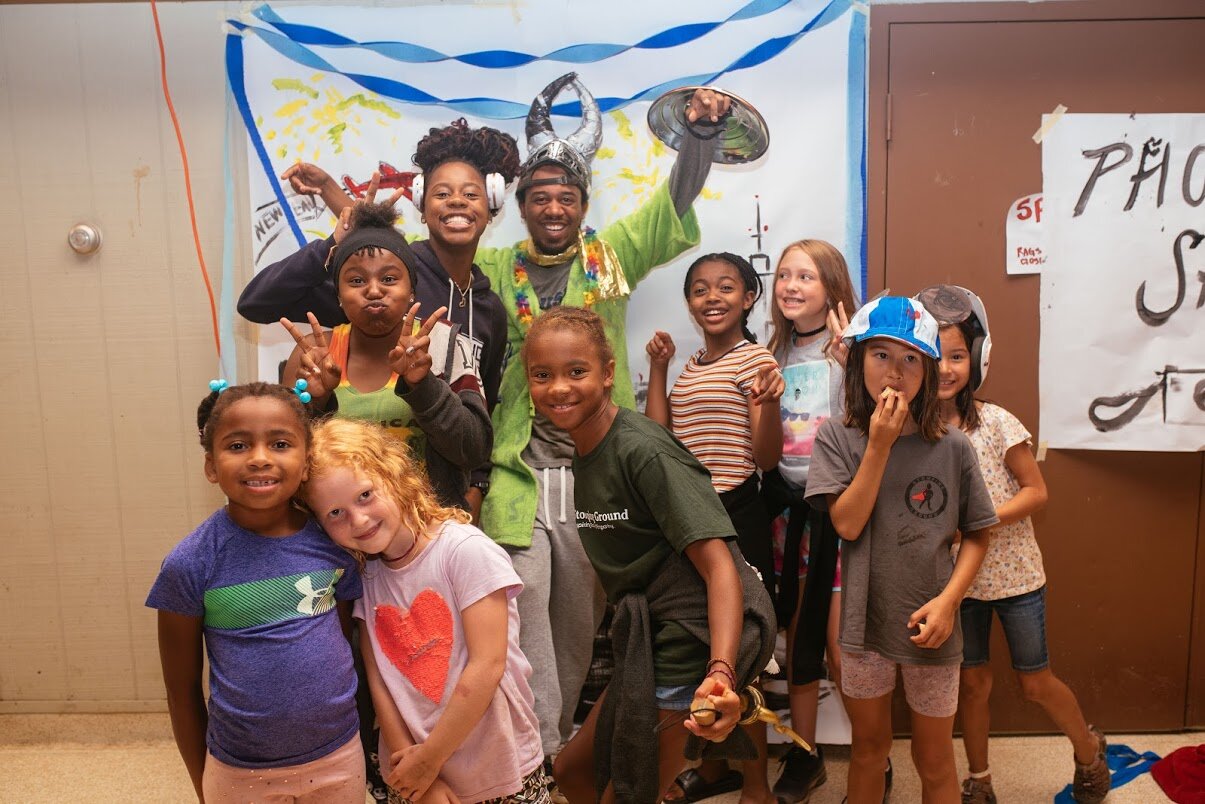Camp Develops Emotional Intelligence - Mental Health Series
Camp is an antidote to the mental health crisis we are facing. Camp fosters resilience, emotional intelligence, and conflict resolutions skills. These skills will empower kids and communities to start to address the consequences of the pandemic.
Camp Develops Emotional Intelligence
I remember how I felt after two weeks at sleep away camp, especially as a teenager. Those counselors - the epitome of cool - took my emotions and my feelings seriously. It was not just ok: it was cool to share my struggles as well as my hopes. They leveraged their social capital and their immense, positive influence on campers for healthy and ultimately empowering emotional expression.
Emotions drive learning, empathy, creativity, relationships with others, and our larger community. Communities with high emotional intelligence are bound to be more empathetic and therefore equitable.
According to the Yale Center for Emotional intelligence, recognizing, understanding, labeling, expressing and regulating are the five skills crucial to emotional intelligence. These skills are not always valued or recognized in the academic environment, but at camp they are core to the curriculum.
For example, counselors at Stomping Ground are trained to help kids navigate their emotions. We run community circles with cabins and villages that model the five skills of emotional intelligence and help kids build and normalize systems for processing their own emotions. These skills are not only routine at camp, they are made cool. There is something undeniably cool about camp counselors. In many cases it is that they are slightly older, more confident, outgoing, attitude that creates a leader worth following.
Could Emotional Intelligence Lead To A More Equitable Society?
Six Seconds, an organization that connects people to resources that support emotional intelligence has this definition for equity, “Equity means affording each person with the opportunity and support they need — which will be different depending on their lived experiences.” They argue that since emotions fuel racism, investing in emotional intelligence could help us individually and collectively build a more equitable society. Having high emotional intelligence means knowing yourself and being aware of your emotional reactions. Sometimes our emotional reactions can be biased and harm others either intentionally or unintentionally.
At camp we help kids notice their reactions and be mindful of their consequences encouraging kids to be curious and open to their own feelings as a place to gather information about themselves and the world around them. Camp is so full of new experiences, living away from home, meeting new people, trying new things, having dedicated staff ready to process these new experiences with campers helps them practice emotional intelligence.
When kids feel safe to process emotions they can begin to recognize their emotions as data. When we see emotions as data we can sort through assumptions, reactions and experiences to better understand how they shape our relationships and communities.
Processing emotions takes practice. It is not something that comes easily to everyone and your relationship to this skill is often shaped by your family and your culture. Some communities have stigma around processing emotions, like the notion that it is more acceptable for girls to cry than boys. It is also important to recognize the amount of emotional labor that individuals that belong to marginalized communities make on a regular basis to be in spaces that center whiteness. As camp staff we need to be aware of these factors and to who is providing the emotional labor.
Having a process that we can rely on when emotions are high to sort through conflict is critical. At Stomping Ground we use a restorative justice model for collaboratively solving conflict. The circle system provides a way for all members of the community to take responsibility for the building equity at camp.
Read about how circles at camp helps kids build Conflict Resolution skills.





